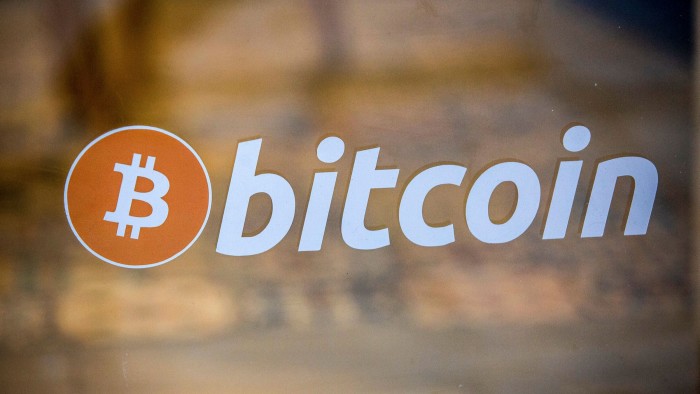Crypto mixers: regulatory clampdown will struggle to keep pace with an agile industry

Roula Khalaf, Editor of the FT, selects her favourite stories in this weekly newsletter.
“What’s the point of a washing machine that only washes clean laundry?” Wasabi Wallet’s followers are unimpressed by plans to start blocking crypto mixing, a means used by money launderers to avoid detection.
So-called CoinJoins allow dealers to team up by combining their transactions into a sort of virtual cocktail shaker; once decanted, there is little audit trail back to where the coins originally came from. Users of some of this software pay a staggered fee that rises according to the number of parties in the mix.
This makes it popular with self-proclaimed libertarians and criminals alike. Anonymity is the sine qua non of crypto, a currency designed to be untraceable and unshackled from government oversight.
Unsurprisingly, regulators are less enamoured. The UK’s National Crime Agency is calling for regulation of decentralised crypto mixers. Other watchdogs, eagerly closing up loopholes for evasion of sanctions imposed on Russia following war in Ukraine, are piling in.
The push-pull between industry and watchdogs will continue. Compromising privacy goes against the grain for crypto firms. An early Coinbase investor presentation, obtained by Washington Free Beacon, flagged bitcoin’s immunity to country-specific sanctions as an advantage. (It has since changed its tune.) Later, in 2017, it claimed a partial victory by whittling back the US tax authorities’ request for half a million account holders’ financial records down to 14,000 — but continued to chafe at an action it saw as “unjustified and invasive”.
Those selfsame freedoms are roundly exploited by criminals too. Elliptic, which analyses cryptocurrency transactions, reckons 15 per cent of all proceeds of cryptocurrency crime was routed through mixers last year. A Europol report found 30 per cent of transactions on Wasabi over a three-week sample period originated from the dark web. That is 30 times the overall level of total transactions.
More change is on the cards. But industry participants are accustomed to moving fast; they have access to rafts of open source technology and plenty of capital too. The onus is on regulators to keep up.
Lex recommends the FT’s Due Diligence newsletter, a curated briefing on the world of mergers and acquisitions. Click here to sign up.
Comments